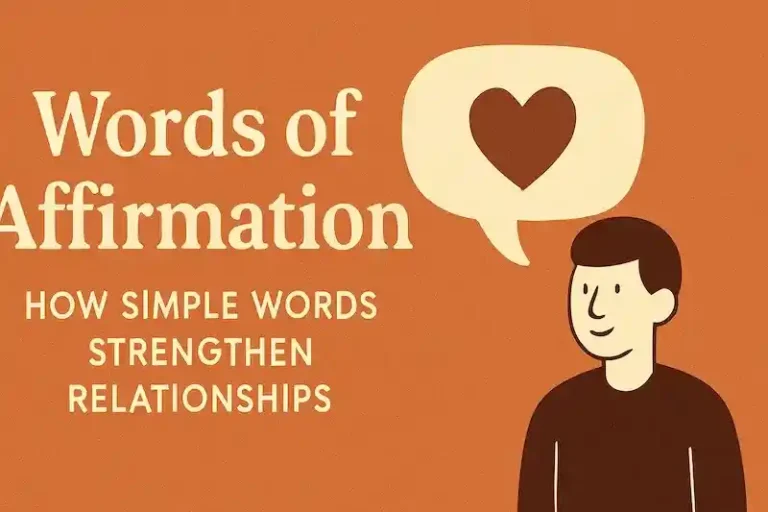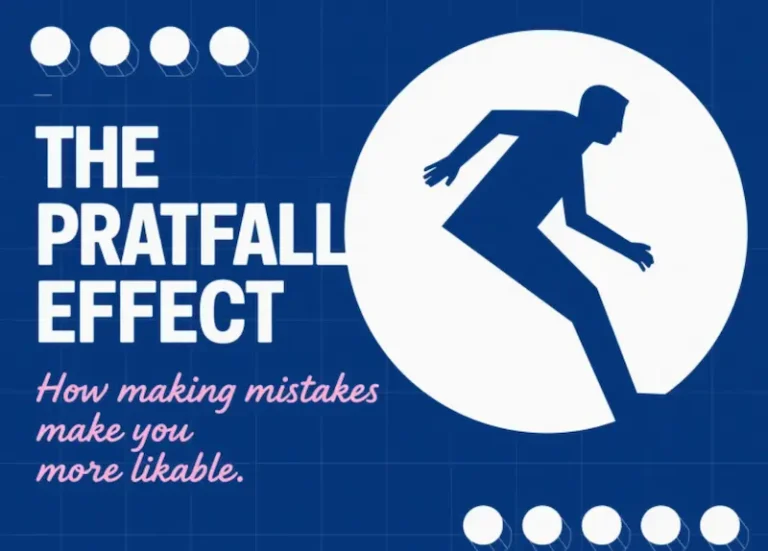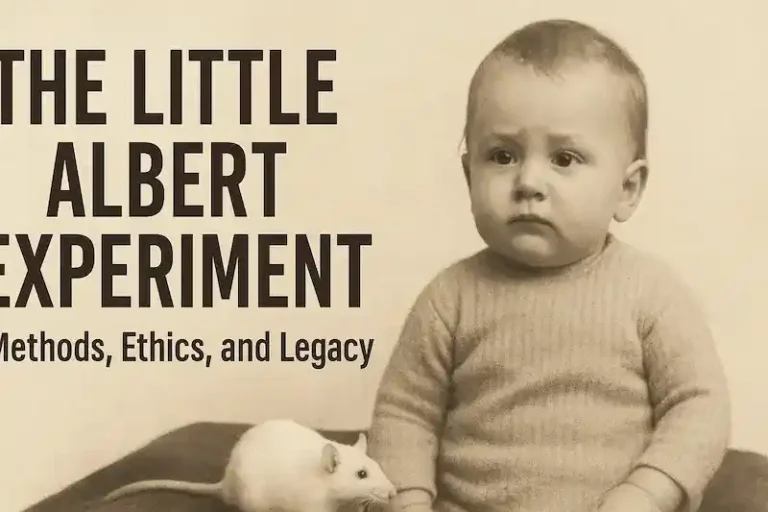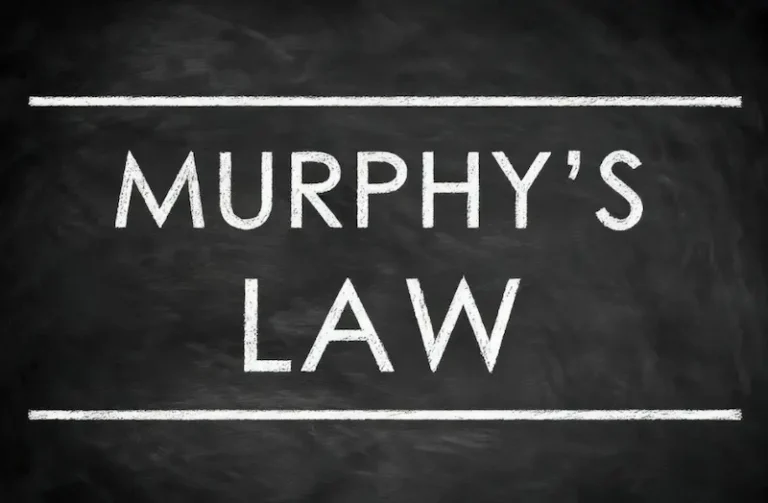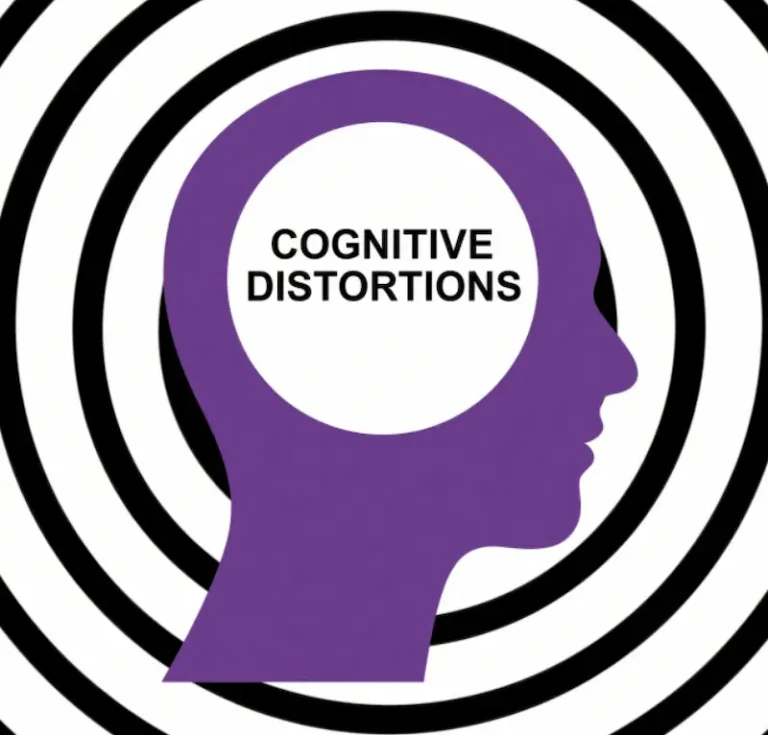Covert Abuse: What It Is, Hidden Signs, and How to Heal From It

Table of Contents
Introduction: The Invisible Hurt of Covert Abuse
When we hear the word “abuse,” most of us think of visible harm—bruises, shouts, or obvious threats. But there’s a quieter, more insidious form that affects millions of Americans: Covert Abuse. It leaves no physical marks, no public outbursts, and no clear “proof”—yet it chips away at self-worth, distorts reality, and damages mental health just as deeply as overt harm.
Clinical psychologists estimate that 1 in 3 U.S. adults will experience covert abuse at some point in their lives—whether in romantic relationships, families, workplaces, or friendships. Because it’s so subtle, many victims spend months or years questioning if they’re “overreacting” before realizing they’re being harmed. Today, we’ll pull back the curtain on covert abuse: what it is, why it happens, how it hurts you, and how to break free.
What Is Covert Abuse? Defining Its Hidden Traits
Covert Abuse is a pattern of non-physical, subtle behaviors designed to control, demean, or isolate someone—often disguised as “care,” “criticism,” or “normal conflict.” Unlike overt abuse (e.g., yelling, physical harm), it thrives on invisibility: the abuser may even frame their actions as “helping” you, making it hard to recognize.
The American Psychological Association (APA) classifies covert abuse as a subset of “psychological abuse,” emphasizing its defining feature: intent to harm through hidden means. Here are common examples across key relationship types—ones U.S. readers may easily relate to:
- In romantic relationships: A partner who “jokes” about your career (“You’ll never get that promotion—let’s be real”) but claims “I’m just being honest.” Or someone who “forgets” to tell you about plans with friends, then blames you for “overreacting” when you’re hurt.
- In families: A parent who compares you to siblings to “motivate” you (“Your sister gets straight A’s—why can’t you try harder”) or ignores your feelings when you’re upset (“Stop being so sensitive; it’s not a big deal”). This is often called “emotional neglect with intent”—a classic form of covert abuse.
- In the workplace: A manager who gives you vague, unhelpful feedback (“This report needs work”) but refuses to explain how, then takes credit for your improvements. A 2023 survey by the Workplace Bullying Institute (WBI) found that 42% of U.S. employees who report “toxic work environments” are actually experiencing covert abuse.
The biggest red flag? After interacting with the person, you feel confused, guilty, or worthless—even if you can’t pinpoint why. That’s the “fog” of covert abuse: it makes you doubt your own perceptions.

Why Do People Commit Covert Abuse? The Psychological Drivers
Covert abuse isn’t a “mistake” or “bad mood”—it’s a deliberate choice to gain power through invisibility. Clinical research from institutions like Harvard Medical School and the University of Pennsylvania identifies three main psychological causes:
Unhealed Trauma and Projection
Many covert abusers were victims of hidden harm themselves, often in childhood. For example, a person who was ignored by their parents may grow up ignoring their partner’s feelings—because it’s the only way they learned to cope with their own unmet needs. This is called “projection”: they shift their own pain onto others to feel in control.
Dr. Lisa Carter, a clinical psychologist specializing in trauma at Columbia University, explains: “Covert abusers often don’t realize they’re harming others—they’re repeating patterns they learned to survive. A parent who belittled them may have told them ‘I’m doing this for your own good,’ so they use the same line when they belittle their kids.”
Personality Traits and Control Needs
Some covert abusers have personality traits that make them crave control without drawing attention. Narcissistic Personality Disorder (NPD) and Borderline Personality Disorder (BPD) are common links—though not all abusers have these conditions.
People with NPD, for instance, need to feel superior but hate looking “mean” in public. So instead of yelling, they’ll make passive-aggressive comments (“I guess some people don’t care about quality”) to undermine you. The DSM-5 (Diagnostic and Statistical Manual of Mental Disorders) notes that 50% of people with NPD use covert tactics to maintain dominance in relationships.
Others may have “avoidant” traits: they fear conflict, so they use silence or withdrawal to punish you (“I’m not mad”—but they give you the cold shoulder for days) instead of addressing issues directly.
Fear of Losing Power
Covert abuse often stems from a deep fear of being “out of control.” This is common in relationships where one person feels threatened by the other’s independence—like a partner who’s scared you’ll leave, a parent who fears you’ll “rebel,” or a manager who worries you’ll outperform them.
For example: A spouse who discourages you from taking a new job (“It’s too far—you’ll never see the kids”) because they’re scared you’ll gain financial independence. Or a parent who “helps” you make every decision (“Let me pick your college major—I know what’s best”) to keep you dependent on them. These acts feel “caring” on the surface, but they’re really about control.

The Long-Term Harm of Covert Abuse
Because covert abuse is hard to spot, its effects often build slowly—like a drip of water wearing away stone. Over time, it can shatter your mental health, your ability to trust, and your sense of self. Here’s how it impacts U.S. victims, according to recent studies:
Mental Health Damage That Lingers
Covert abuse is strongly linked to chronic mental health issues. A 2022 study published in the Journal of Interpersonal Violence found that victims are 2.5x more likely to develop depression and 3x more likely to have anxiety disorders than those who haven’t experienced hidden harm.
Many also develop “complex PTSD” (C-PTSD)—a condition caused by long-term, repeated trauma. Symptoms include:
- Constant self-doubt (“Am I overreacting?”)
- Avoiding people or situations that trigger memories of abuse
- Feeling “numb” or disconnected from emotions
- Struggling to make simple decisions (because the abuser always “knew best”)
Dr. Mark Wilson, a psychiatrist at Johns Hopkins Medicine, says: “I see patients who’ve been in covertly abusive relationships for years—they think their depression is ‘just part of who they are,’ not a result of being slowly broken down.”
Broken Trust in All Relationships
Covert abuse teaches victims to doubt their own judgment—and that makes it hard to trust others. After years of being told “You’re too sensitive” or “I didn’t mean it that way,” you may start questioning if anyone has good intentions.
Common behaviors include:
- Avoiding romantic relationships because you’re scared of being manipulated again
- Over-apologizing (even for small mistakes) to avoid conflict
- Misinterpreting neutral comments as criticism (e.g., “That shirt is nice” becomes “They hate my other clothes”)
A 2021 survey by the American Counseling Association (ACA) found that 68% of covert abuse survivors struggle to maintain close friendships 3+ years after leaving the abusive relationship.
Stalled Personal Growth
Covert abuse crushes your confidence by making you believe you’re “not good enough” to pursue your goals. For example:
- A college student who abandons their dream of becoming a doctor because their parent says “You’re too shy—you’ll never succeed”
- An employee who turns down a promotion because their manager repeatedly says “You’re not ready” (even though their work is praised by others)
- A creative person who stops painting because their partner jokes “Your art is just a hobby—no one will ever buy it”
This isn’t “lack of motivation”—it’s the result of being told, slowly and subtly, that you don’t deserve to grow.
How to Identify Covert Abuse: 5 Subtle Signs to Watch For
The first step to healing from covert abuse is recognizing it. Because it’s so hidden, here are 5 clear signs to help you spot it—backed by clinical research:
- You feel “crazy” after interactions: You leave conversations confused, guilty, or upset, but you can’t explain why. The abuser may say “I was just joking” or “You’re overreacting” to make you doubt yourself.
- They use “help” as control: They offer to “fix” your problems (e.g., “Let me handle your finances”) but then use that control to limit your choices.
- They minimize your feelings: Phrases like “It’s not a big deal” or “Others have it worse” dismiss your pain and make you feel unimportant.
- They isolate you from support: They discourage you from seeing friends or family (“Your mom is always starting drama”) to reduce your access to people who might notice the abuse.
- You feel like you’re “walking on eggshells”: You change your behavior to avoid making them upset—even if you don’t know what you’re doing “wrong.”
If 3+ of these signs sound familiar, you may be experiencing covert abuse.
How to Heal From Covert Abuse: Practical Steps for Recovery

Recovering from covert abuse takes time, but it’s possible. These steps—designed for U.S. victims with access to local resources—can help you rebuild:
Trust Your Feelings (Break the “Fog”)
Covert abusers want you to doubt yourself—so fighting back starts with trusting your emotions. Try these tactics:
- Keep a “feeling journal”: Write down when you feel upset, guilty, or confused. Note what the person said/did, and how it made you feel. Over 2-3 weeks, you’ll start to see patterns.
- Do a “reality check”: Ask a trusted friend or family member, “Does this behavior seem okay to you?” An outside perspective can help you confirm you’re not “overreacting.”
- Practice self-compassion: Replace the abuser’s lies (“You’re too sensitive”) with truths (“My feelings matter, and it’s okay to be upset”).
Set Firm Boundaries (and Enforce Them)
Boundaries tell the abuser what behavior you will not accept—and they’re key to stopping covert harm. Use “I-statements” to avoid sounding accusatory (which can make them defensive). Examples:
- “When you joke about my job, I feel disrespected. Please don’t do that anymore.”
- “I want to handle my own finances. If you keep offering to ‘help’ after I’ve said no, I’ll stop sharing money updates with you.”
If they ignore your boundaries (e.g., they keep making jokes after you’ve asked them to stop), take action: leave the room, end the call, or reduce contact. Remember: Boundaries only work if you follow through.
Seek Support (You Don’t Have to Heal Alone)
Covert abuse thrives in silence—so reaching out for help is a sign of strength. Here are trusted U.S. resources tailored to covert abuse victims:
- National Domestic Violence Hotline: Call 1-800-799-SAFE (7233) or chat online at thehotline.org. They have trained counselors who specialize in hidden abuse and offer free, 24/7 support.
- Covert Abuse-Specialized Therapists: Use goodtherapy.org to find a therapist who focuses on “psychological abuse” or “covert trauma.” Many insurance plans (e.g., Blue Cross, Aetna) cover these sessions.
- Support Groups: Organizations like DomesticShelters.org host in-person and online support groups for covert abuse survivors—connecting with others who understand can reduce feelings of isolation.
For workplace covert abuse, report the behavior to your HR department (if your company has an anti-bullying policy) or the Equal Employment Opportunity Commission (EEOC) at 1-800-669-4000.
CTA
Covert abuse is invisible—but it’s not unbeatable. It survives when you doubt yourself, but it fades when you trust your feelings, set boundaries, and seek support. Healing won’t happen overnight, but every step you take to prioritize your mental health is a step away from the harm.
If you’ve experienced covert abuse—whether in a relationship, family, or workplace—please share your story in the comments. Your words could help someone else realize they’re not “crazy” or “overreacting” and take their first step toward healing.
You deserve to be treated with respect—no matter how “subtle” the harm may seem. Don’t let anyone make you forget that.

